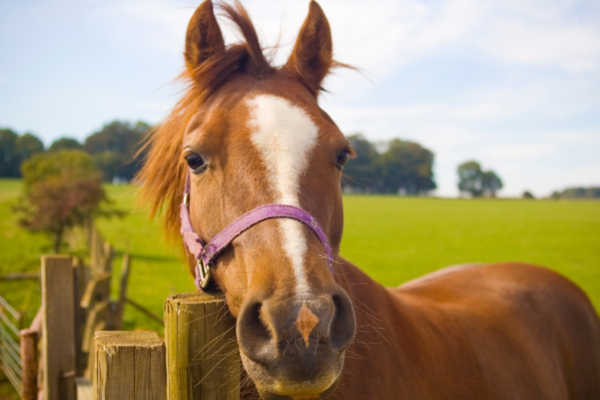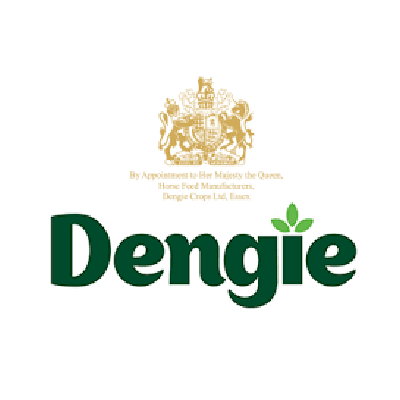Feeding a horse or pony who is prone to laminitis does not need to be a complicated process if we know the type of equine we are feeding. An overweight horse will vary their feeding requirements in comparison to a leaner horse, whereas an older equine with dental or health related problems such as Cushing’s disease will also require a specific sort of bucket feed.
As an overall mainstay of advice, the ideal feed for a laminitic prone horse would be a product with low levels of sugar and starch. This will be easily identified on feeds that state the product is low in starch and sugar, although if you are unsure, manufacturers should be pleased to help with any required information. Moreover, the feed needs to also supply a balanced level of vitamins, minerals, energy, and protein for the horse or pony to consume.
The overweight or good do-er
It can be enticing to think that an overweight and laminitis prone horse does not require any additional feed. However, rationing a forage and grass only diet does not provide our equines with everything they need.
Trace minerals such as selenium, zinc and copper are commonly lacking in UK pastures, along with the reduced levels of vitamin E in majority hay fed diets. These deficient nutrients should be supplemented to top up your horse from naturally lacking forage and pastures. Although, energy and calories are not needed for the good do-er or overweight horse, a feed such as Healthy Hooves Molasses Free could be fed to aid the nutrient levels. On the other hand, if a vitamin and mineral supplementation or balancer is being fed, Hi-Fi Molasses Free is a low-calorie fibre that can be fed alongside the additional supplementation.
Read more: 13 weight management tips for good doers


The poor do-er
Although the mineral and vitamin requirements of a poor do-er is the same as the good do-er, the need for additional calories or energy is important to maintain weight. There are two things you need to keep in mind when choosing the right feed for a laminitis prone poor do-er:
- Is there an underlying reason they are unable to hold weight, such as Cushing’s or dentition problems?
- Are they receiving ad-lib forage, and is it of sufficient quality?
Feeds that provide increased sources of added oil and fibre but are low in starch and sugar would be suitable for a poor do-er lamanitic. Dengie’s Alfa-A Oil combines a rapeseed oil coating with Alfalfa to aid weight maintenance and provide the required energy but is naturally low on sugar. This along with Healthy Tummy, Alfa- A Molasses Free, Alfalfa Pellets and Alfa-Beet are all suitable for the laminitis prone poor do-er.


Feeding with a Balancer
Feed balancers will provide the required minerals and vitamins alongside quality proteins such as the essential amino acid Lysine. It is particularly recommended to use a balancer when your horse is lacking quality protein from restricted grass or soaked forage.
When feeding a balancer, it can be fed alone or with a small amount of fibre alongside, such as Hi-Fi Lite or Hi-Fi Molasses Free which are both low in calories.
Read more: The importance of feeding your horse fibre
Feeding with a vit & min supplement
Vitamin and mineral supplements are the best options for low-calorie feeding. It is best suited to add supplements to horses that have access to grass or if they are being restricted, they are supplied with additional feed or Lysine supplement.
Dengie’s Performance Vits & Mins or Dengie Leisure are powder supplements that can be added to the Hi-Fi Lite or Hi-Fi Molasses Free to carry the supplementation.
Top Tip: To ensure the supplement does not fall to the bottom of the bucket, you can dampen the fibre feed before adding the powder to ensure it does not get rejected.












